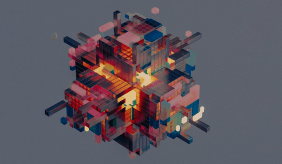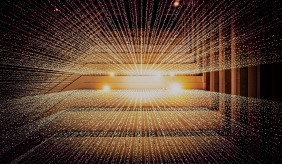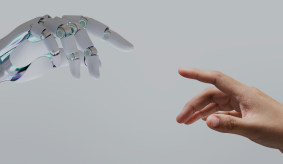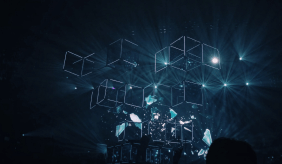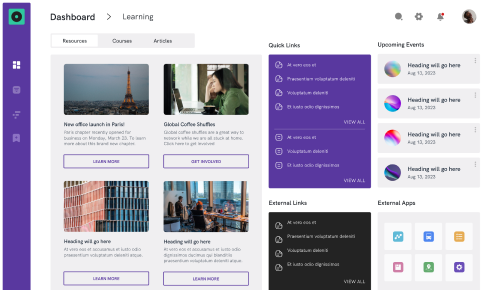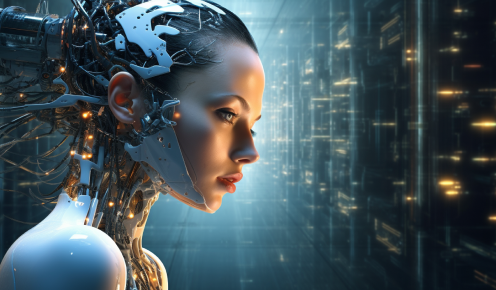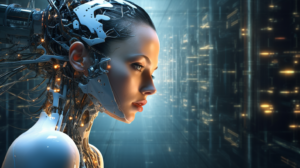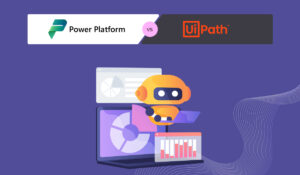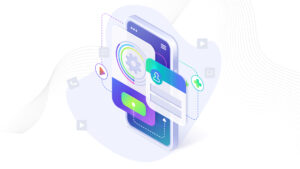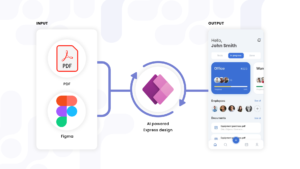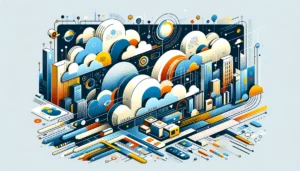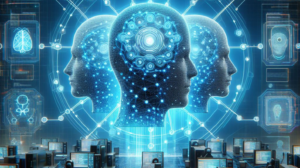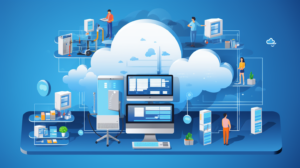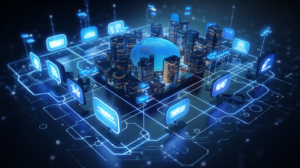Understanding the Synergy Between AI, Automation, and Human Collaboration
 By Anita Srinivasan
By Anita Srinivasan
 11th October, 2023
11th October, 2023
Human-AI Interaction
AI and Automation Strategy
AI in Industry
In this rapidly evolving digital era, we, as tech enthusiasts, have reiterated how the dynamic duo of AI and Automation have reshaped how we work. From automating tasks to giving intelligent insights into critical problems, AI and Automation are helping organizations streamline their operations and achieve unprecedented productivity.
Jeff Bezos, the founder of Amazon, spoke about Artificial intelligence in automation and said, “I predict that, because of artificial intelligence and its ability to automate certain tasks that in the past were impossible to automate, not only will we have a much wealthier civilization, but the quality of work will go up very significantly and a higher fraction of people will have callings and careers relative to today.”
AI and Automation have become integral parts of various industries, revolutionizing operations, and improving efficiency. The progress made by AI and Automation in recent years has been nothing short of remarkable.
From self-driving cars and chatbots to robotic manufacturing and predictive analytics, Artificial intelligence in automation has changed how industries work today. They excel in data analysis, pattern recognition, and repetitive processes, leading to increased productivity and accuracy.
Explore more insights on intelligent process automation, best practices and insights by downloading our exclusive case study.
However, the relationship between AI, automation, and humans is convoluted.
Despite the numerous advantages companies can derive from these technologies, the underlying question is where the human factor fits during software development.
While talking about using AI for writing a boilerplate billing code, Dylan Etkin, CEO, and co-founder of Sleuth, said he had a specific result in mind, and AI suggested a code of 14 lines, which did not agree with the process.
Since he knew what corrections needed to be made to the code, he could correct the errors and achieve the desired results.
Stating this example, he says that human involvement is still relevant in software development despite the benefits AI and Automation technologies bring.
He expounded that AI will be specifically useful in eliminating manual tasks for developers with automation rule-based software that requires adherence to a set of constraints. Artificial intelligence in automation helps eliminate repetitive tasks and enhances productivity.
Now let us look at some benefits that AI, Automation and Human Touch bring to the development process.
AI Contributions
- Data Analysis and Insights
AI algorithms can process extensive data to extract valuable insights and patterns, aiding the decision-making and problem-solving processes.
AI can forecast trends, anticipate future events, and optimize processes, which is crucial in finance, weather prediction, and supply chain management.
AI is integrated into automation systems to make them intelligent and more adaptable, allowing them to handle dynamic environments.
Learn more about how we developed an AI-powered Automated G2N Tool by downloading our exclusive case study.
Automation Contributions
Automation can optimize repetitive tasks, reducing human errors and increasing productivity.
Automation can be cost-effective by eliminating the need for human labour in routine tasks.
In critical environments, automation can take over dangerous tasks, protecting human workers from harm.
The Human Factor
While AI and automation excel in automating repetitive tasks, humans bring unique qualities to the development process.
Humans excel in areas of creative thinking, problem-solving, and innovation. They can concoct innovative ideas, adapt to new situations, and find unconventional solutions to complex problems. In the development process, human creativity is invaluable, particularly in tasks that require imagination and intuition.
AI and automation operate based on algorithms and data. They lack the ability to make ethical judgments or consider moral implications. Humans are responsible for setting ethical guidelines, ensuring AI systems are used responsibly, and making decisions that align with societal values.
The synergy between humans and AI is where the true potential lies. Humans can utilize AI analytical capabilities to make more informed decisions and focus on high-level tasks that require empathy, ethics, and creativity. For example, AI can assist in diagnosis, but human doctors bring a personalized touch to patient care.
A Collaborative Future
AI and automation are tools that can augment human capabilities. Here is how they can work together:
AI and automation can handle repetitive, time-consuming tasks, helping humans to focus on more strategic, creative, and emotionally engaging work.
Humans can adapt to modern technologies and acquire the skills needed to work alongside AI and automation, fostering a culture of lifelong learning.
Humans ensure AI systems are developed and used ethically, minimizing biases, and considering the broader societal impact.
To thrive in a world increasingly driven by AI and automation, individuals and organizations must invest in reskilling and upskilling efforts.
AI and automation are where the future of work lies, but that does not eliminate the human factor from the development process. These technologies create opportunities for humans to focus on what makes us uniquely human—creativity, empathy, and ethical decision-making.
By promoting a collaboration between AI, automation, and humans, we can build a future where technology enhances our abilities, leading to a more efficient, innovative, and collaborative workforce. Embracing this shift, investing in education, and reskilling will empower us to work effectively.
While automation focuses on the mechanization of tasks, AI goes a step further by endowing systems with intelligence and decision-making capabilities. Together, they have the potential to transform industries and improve various aspects of our lives, from business processes to daily convenience.
Understanding how to leverage both technologies effectively is crucial to staying competitive in the rapidly evolving technological landscape.
If you would like to understand our Automation and AI approaches better, please visit our resources page for insightful case studies and whitepapers.
References:
- AI, automation, and humans: Who does what in the development process? (Tech Native)
